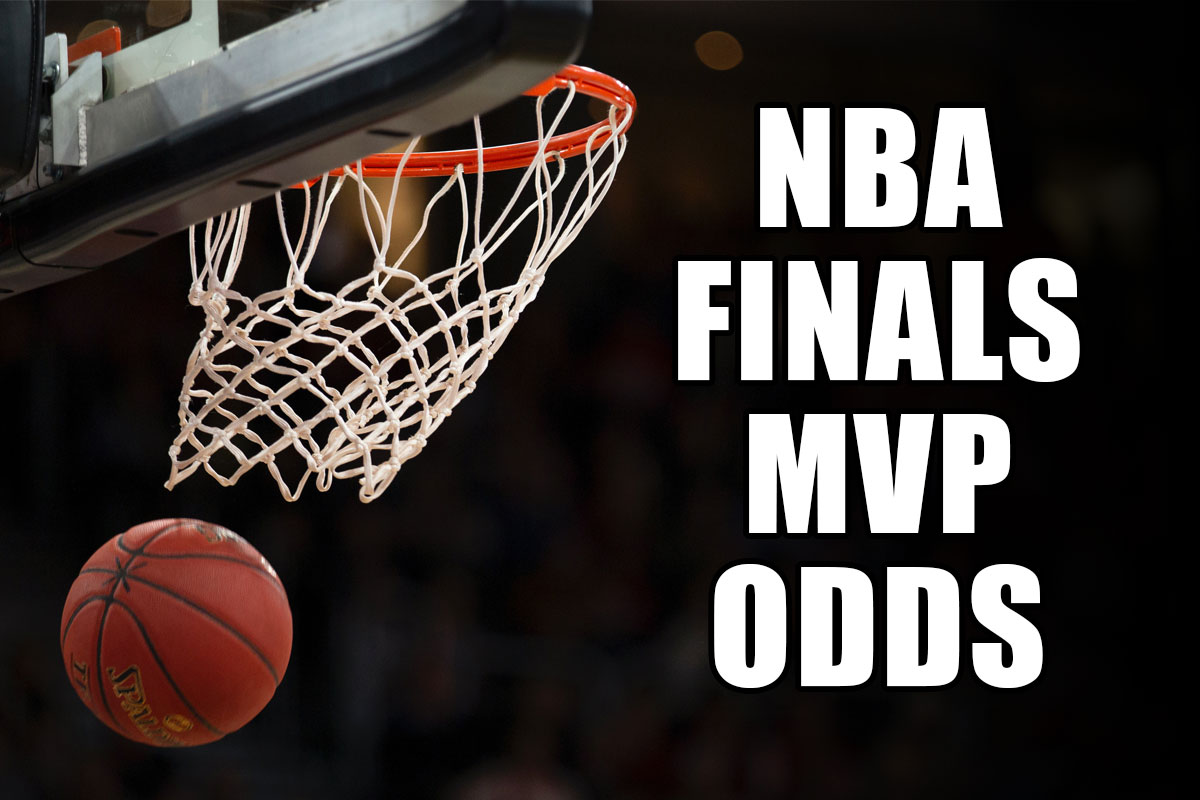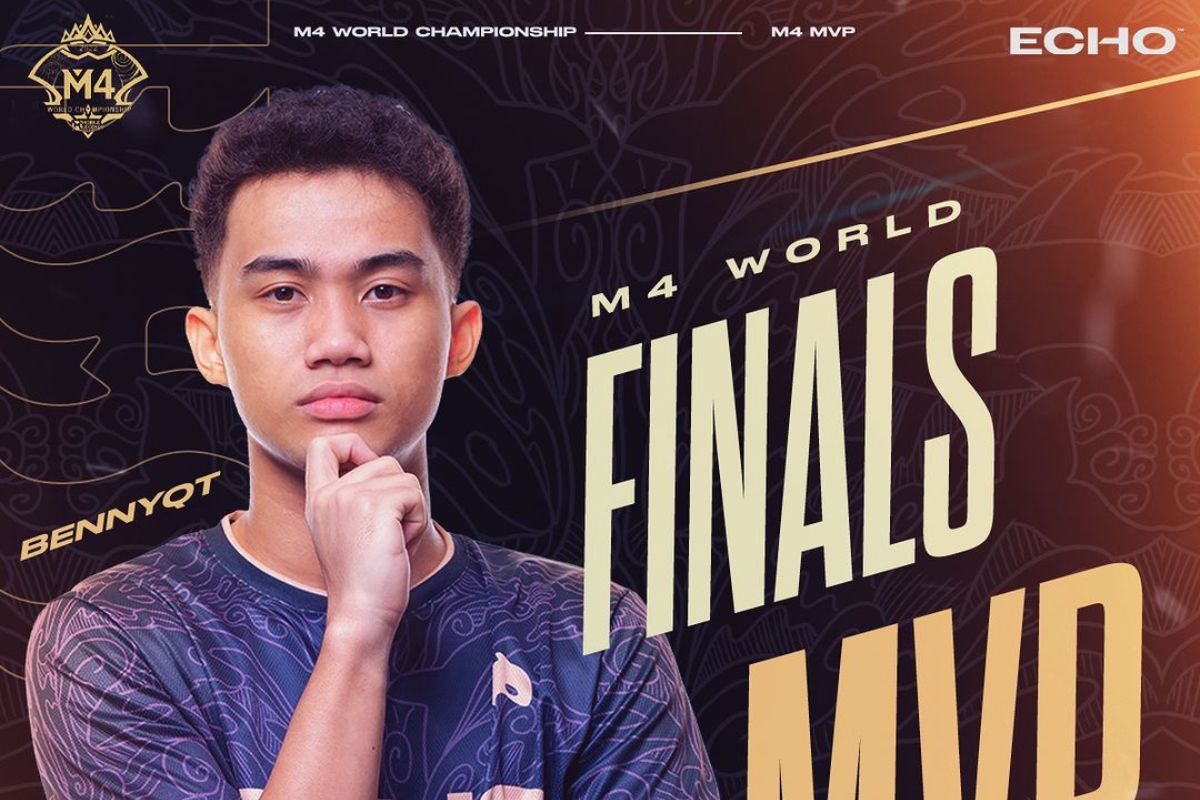Analyze Finals MVP Performances
The Finals MVP award is the highest individual honor in basketball, bestowed upon the player who has had the most significant impact on their team’s victory in the NBA Finals. Several factors contribute to a player’s Finals MVP performance, including their overall statistical production, efficiency, and impact on the game.
Finals MVP, the coveted accolade for the most outstanding player in the championship game, is often the culmination of a season’s worth of hard work and dedication. While the spotlight shines brightly on the MVP, the path to the award is often paved with challenges and adversity.
Much like the destructive force of a tornado kalamazoo today , the journey to Finals MVP can be equally unpredictable and relentless. Yet, amidst the chaos and uncertainty, the true MVP emerges, standing tall as a beacon of resilience and triumph.
Historically, the most dominant Finals MVP performances have been characterized by high levels of scoring, rebounding, and assists. Some of the most notable examples include Michael Jordan’s performance in the 1991 Finals, when he averaged 31.2 points, 11.4 rebounds, and 6.6 assists per game, and LeBron James’ performance in the 2012 Finals, when he averaged 28.6 points, 10.2 rebounds, and 7.4 assists per game.
Amidst the exhilarating crescendo of the finals, the MVP emerged as a beacon of brilliance. Their performance, like a tornado that had swept through Allegan ( tornado allegan ), left an indelible mark on the game. Their skill and determination, reminiscent of a raging storm, propelled their team to victory, cementing their legacy as the undisputed MVP.
Styles of Play
There are different styles of play that have led to Finals MVP awards. Some players have won the award based on their ability to score the basketball, while others have won it based on their ability to rebound, defend, or pass the ball. Some of the most common styles of play that have led to Finals MVP awards include:
- Scorers: These players are the primary offensive threats for their teams and are responsible for putting up big numbers on the scoreboard. They are typically high-volume shooters who can create their own shots and get to the basket at will.
- Rebounders: These players are responsible for cleaning up the glass and getting rebounds on both ends of the court. They are typically big and strong players who can outmuscle their opponents for the ball.
- Defenders: These players are responsible for stopping the opposing team’s best players from scoring. They are typically quick and athletic players who can stay in front of their opponents and make it difficult for them to get open shots.
- Passers: These players are responsible for distributing the ball to their teammates and creating scoring opportunities. They are typically point guards who have excellent court vision and passing skills.
Predict Future Finals MVP Contenders

Predicting future Finals MVP contenders is a challenging task, as it requires an assessment of both individual talent and team success. However, based on current performances and team trajectories, several players emerge as strong candidates to win the prestigious award in the years to come.
Luka Dončić, Finals mvp
The Slovenian sensation has already established himself as one of the league’s most dynamic and skilled players. His exceptional court vision, ball-handling abilities, and scoring prowess make him a nightmare for opposing defenses. With the Dallas Mavericks poised to make deep playoff runs in the coming years, Dončić is a prime candidate to lead his team to a championship and earn Finals MVP honors.
Jayson Tatum
The Boston Celtics’ young superstar has taken significant strides in his development, becoming one of the most complete players in the league. His exceptional scoring ability, combined with his improved defense and leadership, makes him a formidable force. With the Celtics emerging as a title contender, Tatum is well-positioned to add a Finals MVP trophy to his growing list of accolades.
Giannis Antetokounmpo
The “Greek Freak” has already proven his dominance, leading the Milwaukee Bucks to an NBA championship in 2021 and earning Finals MVP honors. His combination of size, athleticism, and skill makes him virtually unstoppable at times. As long as the Bucks remain competitive, Antetokounmpo will be a perennial contender for the award.
Nikola Jokić
The reigning two-time MVP has established himself as one of the most versatile and impactful players in the league. His unique combination of size, skill, and passing ability makes him a nightmare for opposing defenses. With the Denver Nuggets continuing to be a force in the Western Conference, Jokić is poised to add a Finals MVP award to his impressive resume.
Design a Finals MVP Award Ceremony

The Finals MVP Award Ceremony is a prestigious event that celebrates the outstanding performance of the most valuable player in the championship series. The ceremony should be meticulously planned to create a memorable and meaningful experience for the recipient, attendees, and viewers alike.
The ceremony should begin with a grand entrance by the MVP, accompanied by a standing ovation from the crowd. The presentation of the award should be made by a respected figure in the sport, such as the commissioner or a legendary player. The MVP should then deliver an acceptance speech, expressing their gratitude and reflecting on their journey to this moment.
Post-Ceremony Celebration
Following the presentation, a post-ceremony celebration should be held to honor the MVP. This could include a champagne toast, a dinner reception, or a parade. The celebration should provide an opportunity for the MVP to interact with fans, media, and fellow players.
Suggestions for Making the Ceremony Memorable and Meaningful
- Invite special guests, such as family members, coaches, and teammates, to share in the MVP’s moment.
- Create a personalized video montage showcasing the MVP’s highlights and accomplishments.
- Present the MVP with a unique and symbolic award, such as a trophy or a championship ring.
- Organize a Q&A session with the MVP, allowing fans to ask questions and gain insights into their mindset and experiences.
- Dedicate a portion of the ceremony to recognizing the contributions of other players and teams involved in the championship series.
In the nail-biting finals, the MVP stood tall, his performance echoing through the arena. But as the crowd erupted in thunderous applause, a distant rumble sent shivers down their spines. A kalamazoo tornado warning blared through the speakers, casting an ominous shadow over the jubilant atmosphere.
The celebration paused, the MVP’s triumph momentarily eclipsed by the looming threat. Yet, amidst the unease, their determination remained unshaken, a testament to the indomitable spirit that had led them to victory.
Finals MVPs, those who shine brightest in the biggest moments, often face the same pressure systems as the weather. Just like the unpredictable kalamazoo weather radar , these athletes must navigate through storms of adversity and seize opportunities amidst chaos.
They adapt, adjust, and emerge triumphant, leaving an indelible mark on the game, just as the weather shapes the landscape.